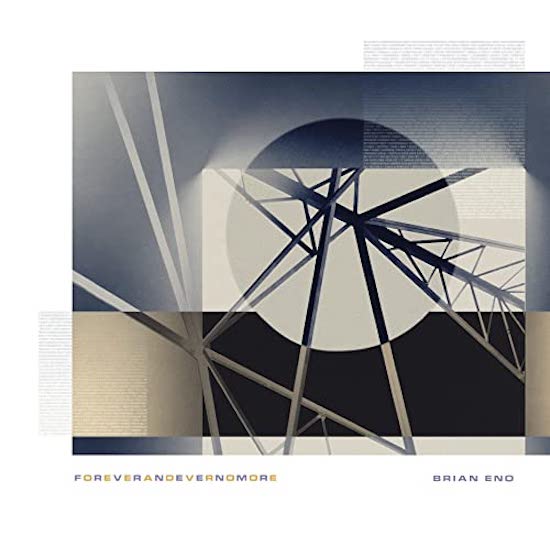Brian Eno has been thinking a lot about the future of the planet, even if the UK government hasn’t. As a solo artist, he always made thoughtful music engaging with the inner self and with one’s surroundings: from “new-age” music in the 1970s before it became a pejorative (“when I hear the term ‘new-age’ I reach for my revolver,” said his collaborator Harold Budd), to forays into nature with his brother Roger on 2020’s Mixing Colours.
Our short-termist abomination of a government might be abandoning climate commitments, lifting fracking bans and selling off nature conservation areas to the developer with the heftiest wallet, but Eno still maintains a degree of optimism and solemnity on his 29th studio album as he surveys the bigger picture, in spite of mounting evidence to the contrary.
Eno’s last solo album Reflection was an ambient piece in the spirit of Thursday Afternoon, with an additional app to allow the generative, one-of-a-kind sequence to play for an eternity if so wished for. In comparison, FOREVERANDEVERNOMORE is a surprisingly conventional song-based offering, or at least conventional in the sense that there are songs. He sings more often than one perhaps imagines, and yet to hear his voice here so clearly and consistently throughout this album is still disarming somehow.
‘Garden of Stars’ throws up a potential mondegreen with the line “these billion years will end” which I first misheard as “these billionaires will end”; that might be stating the obvious, but it might also get to the root of the problems that face us. FOREVERANDEVERNOMORE is too poetic and too utilitarian to concern itself with the blame game; instead we have tracks like the texturally atmospheric ‘Icarus or Blériot’ to engender the different metaphorical outcomes that lay before us. Despite leaning into the new age, Eno never fell into the trap of zealotry that the concomitant hippie generation embraced, ensuring their greatest legacy was the cynicism it imbued in the next generation. His voice is untarnished in that respect.
Ultimately, a record is never going to change the world, but FOREVERANDEVERNOMORE might finally put an end to the fallacy of Eno as the “non-musician”, a canard so delicious that I’ve repeated it myself. These elegant melodies dovetail with occasionally intricate soundscapes – mostly created by the man himself, and all mixed in Dolby Atmos, the latest spatial audio technology that threatens revolution. He may have more luck with that one than the one that’s so desperately needed elsewhere.


